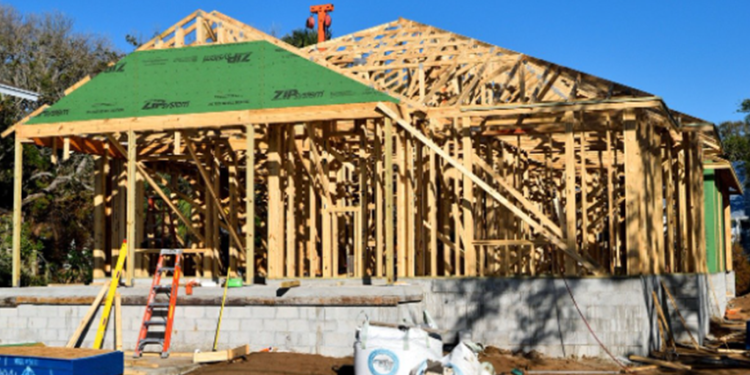Buying Vs. Building Your First Home: What First Home Owners Should Know
Making the decision to finally settle down and put down roots can often be a daunting process. For most people, the question comes up pretty quickly whether to build or buy and this can be a difficult challenge to overcome. In most situations, if you’ve got some specific ideas or goals for your first home, maybe building instead of buying would be better. On the other hand, in many circumstances, it is also better to buy than building. This is a big decision and one that you want to ensure you get right from the outset.
Choosing which route to go in this difficult situation can be challenging and it’s important that you have access to all of the facts you need so whether you end up joining the other first-time home builders or first-time home buyers you can do so with confidence. Which option is best for you is going to depend entirely on individual circumstances and what you define as “better” in this instance. When making up your mind about which way to go, it’s essential that you weigh up all of the options available to you.
Let’s take a look at some of the key differences between buying or building a home and also consider some of the longer-term factors that may influence your decision moving forward
Buying
Certainty and Security
What you see when you opt to buy is almost always what you get. With surveys, detailed reports and history made available about the property to help you make an informed buying decision, you’re very unlikely to get any nasty surprises down the road. You want to make sure any property you’re interested in has undergone a thorough building and pest inspection along with a full property valuation. Properties have so many variables that it’s impossible to consider every possibility and design aspect down to the inch so it is important to do your due diligence. Buying at a fixed price provides certainty and you’ll have built-in buyers’ rights which act as an additional layer of security and protection if problems arise down the line.
Location and Amenities
Buying is often linked to purchasing an older property which is more likely to be in a more central location closer to highly desirable amenities like transport links and schools. Buying may allow you to find a home on a larger site with more outdoor space, centrally located land parcels are usually divided up for sale and often lack landscaping and cosmetic touches which means more expenses if you want these things before you move in.
Building
House and Land Packages
When you build a home you have plenty of options worth exploring from the get-go. This includes whether you want to buy land and self-build by negotiating a contract with a registered builder or going all-in and opting for the self-build option.
The easier and most sought-after option is to buy a house and land package which is usually sold by the developer who is also often the land owner and their side of the agreement is to provide a team and know how to complete the project. Package builds typically have a faster turnaround time. If time constraints are a big deal be sure to have your lawyer check if there’s a “liquidated damages” clause in your agreement to ensure you’re eligible for compensation if the project overruns.
You will need to take out a construction loan in place of a traditional mortgage. You drawdown on the loan at different stages of the project, most projects are split into three to six stages and you begin paying interest on each drawdown once you receive it.
Given that the builder receives their compensation in line with the drawdowns from the construction loan, they’ve already got a pretty decent incentive to finish on time. Being able to draw on the knowledge of a project manager will ensure bureaucracy doesn’t slow you down either. Be mindful that if you self-build you will be responsible for sourcing all necessary permits with the ability to prove that your plans and techniques meet regulatory standards.
Grants and Additional Finance
You can benefit from building grants to help you finance your dream including the First Home Owner Grant which could reduce your building costs and depending on your circumstances you may also be eligible for the HomeBuilder Grant. It’s worth remembering that when you build your own home, you save on stamp duty as you only have to pay for the value of the land rather than paying duties on the property and the land like you do in a traditional buying arrangement.
In addition to unexpected costs and delays, if you want to buy land specifically for a build, it can be difficult to get a loan. Make sure you’re aware of all of the considerations ahead of time.
Potential Savings
There are lower maintenance costs associated with new builds and you have the ability to make the property as efficient and environmentally friendly as you wish, which could easily lead to lower living costs in the long-term too.
Choose The Option That Is Right For You
Ultimately, it’s up to you to choose the path that will work best for you moving forward. Following the advice outlined above, you can ensure that you make the right decision so that you and your family have a place to call home that will meet your needs and your budget.






No Comment